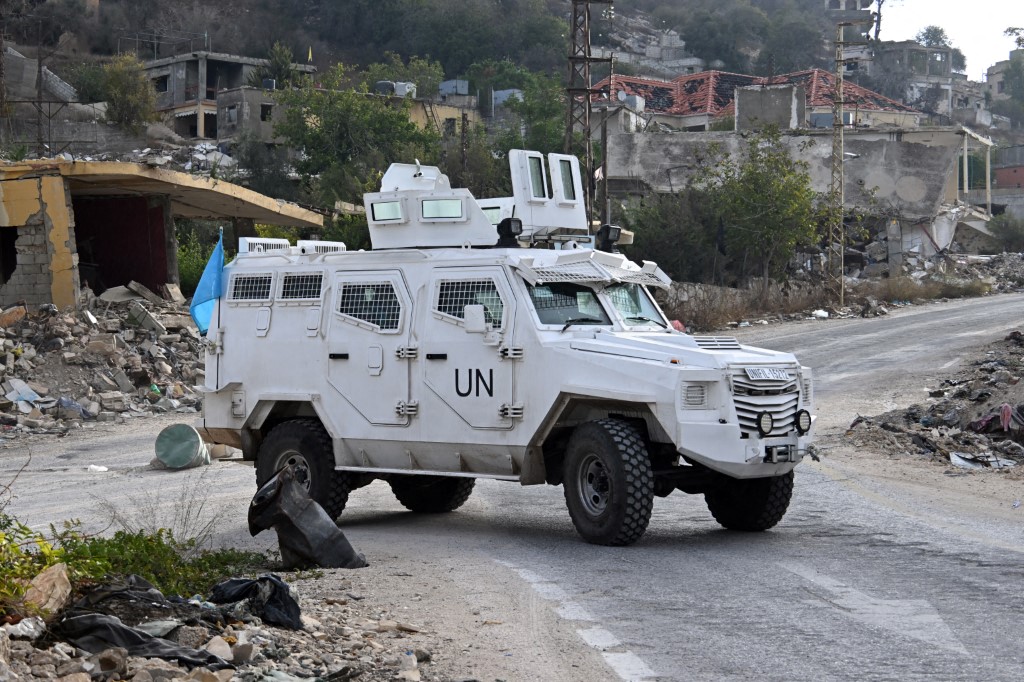All efforts, pressures, advice, and warnings proved futile with “Hezbollah,” despite attempts to convince it of the necessity—say the inevitability—of surrendering its weapons in accordance with two decisions: the ceasefire resolution issued less than a year ago and the Lebanese government’s decision of last August 5 mandating the “exclusive control of arms” by the state.
In reality, the party’s leadership is caught between two fires: the fire of its Iranian patron draining it to the last breath, and the fire of its own community, fearful of becoming a human fuel for the patron’s crises. This community is torn between the narratives, slogans, and broken promises it has been fed with, and the soaring rhetoric, open books, and repetitive speeches delivered by the temporary heir, Sheikh Naim Qassem, alongside second-tier leaders competing for prominence and succession.
The confusion only grows when these officials appeal to the community’s emotions by pretending restored strength, operational readiness, and renewed capabilities—statements that offer Israel a public pretext to assert what it claims is its “right” to protect itself from “Hezbollah’s” resurgent power.
Doubts are now surfacing over the contradictions in Qassem’s recent speech, in which he simultaneously “reassured” Israel about the safety of its northern settlements and threatened that retaliation for its attacks “will not be delayed.”
Beyond these doubts, the secretary-general committed another blunder when he declared that the party had assumed responsibility for 42 years before recently handing it over to the state—an admission that exposes the scale of failure, collapse, state hollowing, and decades-long exploitation of the South under its authority.
Adding to this failure, Iran endorses its Lebanese proxy’s rejection of all international and Arab initiatives, including the latest Egyptian proposal—marked by political prudence and soft containment—aimed at averting a decisive and devastating confrontation on both the military and financial fronts.
What is striking is that Tehran has yet to recalibrate the stance of its Lebanese arm despite rising Israeli military threats and mounting American financial pressure, as though the assertive messages delivered by the high-level U.S. security, financial, and political delegation in Beirut days ago mean nothing to it, nor do Israel’s expanding lists of battlefield targets.
Amid this escalating scene, the extent of the Lebanese state’s powerlessness becomes clear. President Joseph Aoun expressed it openly, saying: “Lebanon’s request that the world stop Israeli attacks has yielded no results.” He knows well—though discreetly—that the international community explicitly links halting these attacks to the disarmament of “Hezbollah,” not only south of the Litani River but across all Lebanese territory, as stipulated in the ceasefire agreement rather than Sheikh Qassem’s narrow interpretation.
This deadlock, which blocks all overlapping diplomatic efforts, will inevitably revive the formula of “the battlefield speaks,” a natural outcome of the collision between state incapacity and Hezbollah’s refusal—the state’s inability to enforce its decision on exclusive arms control within acceptable timelines, and the party’s repeated refusal to comply. This closure of all Arab and international initiatives may well create the ideal climate for implementing U.S. President Donald Trump’s formula of “peace through strength.”
Is this not the same formula its author boasts about when he claims to have ended eight wars, with others—like the Russia-Ukraine conflict—still on his agenda?
What is remarkable is the absence—or inability—of all other global powers, including China, Russia, and Europe, to challenge or break the Trumpian formula, or its counterpart: the “Abraham Accords” expanding across the Middle East and beyond.
Should we then be surprised if Syrian President Ahmad Al-Sharaa announces direct negotiations with Israel as part of these agreements, or if The Washington Post declares that “a more durable Arab-Israeli peace agreement could emerge from an unexpected place: Lebanon”?
Between the Lebanese president’s insistence on negotiations with Israel as the only path to salvation and the growing discourse on regional peace, there is more than a mere overlap—it is a form of convergence that transcends the tired hesitation over direct versus indirect talks, technical versus political dialogue, or normalization versus non-normalization.
Genuine peace—rooted in rights and the constants of history and geography—rises above semantics and formalities, dismantles the constructs of the past, and offers Beirut a lesson it must heed from “the beating heart of Arabism,” its neighbor Damascus, now moving confidently toward a future of stability and peace.
For a measure of courageous peace may well revive the heart of Lebanon!
Please post your comments on:
[email protected]
 Politics
Politics







